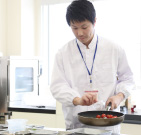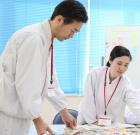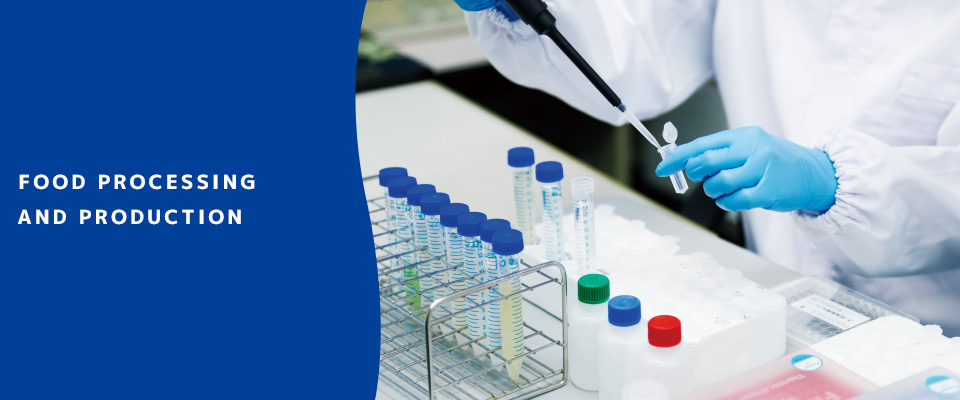- TOP
- Business Introduction
- Food Processing and Production
Business Introduction
Marine Foods is engaged in the production of a wide range of processed seafood. Our product development ranges from various delicatessen dishes and delicacies including salads and marinades, to retort-pack, chilled and frozen foods. All these seafood products are developed to meet the diversifying taste of consumers, and are processed under strict quality and hygienic management for speedy delivery to customers throughout Japan.
Our flagship plant in Japan is located in the outskirts of Tsu City in Mie Prefecture, on 69,300 square meters of land in the idyllic Karasu-cho district. The logistics center within this facility is comprised of a refrigerated warehouse and two freezer warehouses chilled to -25o C and equipped with a fully computerized mobile rack system for managing deliveries. This logistic center comes with a system for keeping infiltration of air from the outside at bay, to ensure that the food deliveries to our customers are thoroughly fresh as well as safe.
The Mie Plant produces more than 500 separate seafood items in any given month, including food products and seafood salads made mainly from two types of seaweed, namely mozuku and wakame, jellyfish prepared Chinese style and seasoned herring roe. In volume, the plant's production capacity amounts is almost 1,000 metric tons a month. Seafoods made from seaweed are processed in a production system that fully integrates the management of everything from washing the raw seaweed to packaging the finished product. Raw materials and finished products are stored individually in separate, compartmentalized zones, with temperatures ranging from +5o C to -60o C to ensure freshness. We also apply vacuum cooking techniques designed to process each seafood item at the ideal temperature for producing the best result as regards tastiness while maintaining food safety.The food packaging lines within the Mie Plant became receive HACCP certification from the Japanese Ministry of Health, Labour and Welfare in 2001. This certification has helped Marine Foods win the trust of its customers in hygienic management.
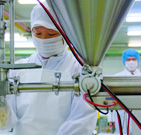
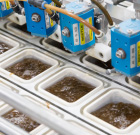
We have been conducting various initiatives to reduce the environmental impacts related to our business activities.We operate a bio-fermentation system at atmospheric temperature for fully decomposing the waste output of raw garbage from this flagship plant. The waste water the plant produces is purified in a wastewater treatment facility that satisfies the relevant prescribed prefectural ordinance of Mie until it is pure enough to be fed back into rivers. The plant is also equipped with a recycling facility for dissolving Styrofoam back into a reusable raw material.
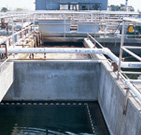
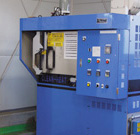
We also have a framework within the plant for running laboratory tests for bacteria detection on an average 80 samples we collect daily. To which in addition, we run inspection tests on allergens internally. The entrance ways to the rooms processing food are all equipped with air showers, antiseptic tanks, automatic curtains and other hygienic safety devices. Food safety and security is controlled under strict adherence to HACCP procedures that involve data collection and storage of the results of the bacterial, scientific and organoleptic testing we conduct on every sample we collect.
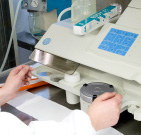
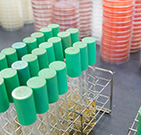
Direct sales enable Marine Foods to listen directly to feedback from salespersons on the frontlines and the voices of our customers in the market. We are capable of responding flexibly with products developed in response to any new preferences voiced by consumers and to any separate or specialized orders our individual customers place. Moreover, Marine Foods is also actively involved in developing food products in line with businesses catering to the retirement-age demographic as Japanese society grows older.
